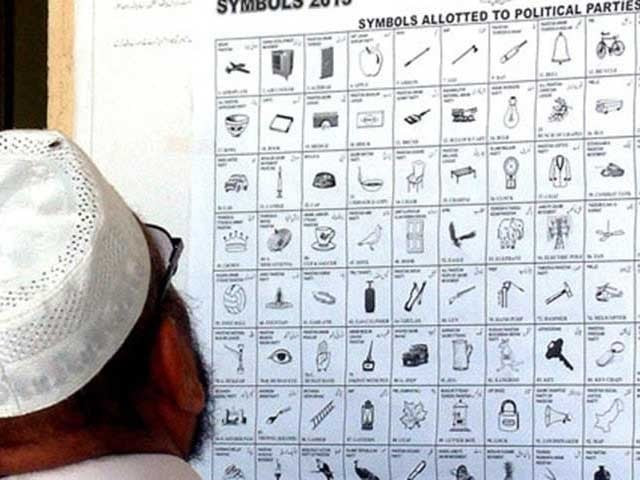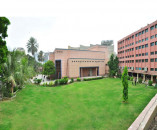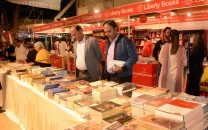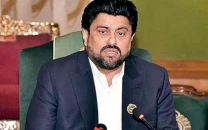Electoral majority appears dubious
None of political parties offer promising deal to intransigent citizens, who demand immediate solutions to problems

Although political campaigning, election rallies and a charismatic leadership style together determine the chances of victory of any party contesting the polls, for factions hoping to appease Karachi’s disgruntled populace, the likelihood of securing an electoral majority will no longer budge by the hoisting of a panegyrical poster or the deliverance of a glib monologue.
As the date for the General Elections 2024 approaches, the single billion-dollar question intriguing both locals and analysts starts springing up; who will form the government in Karachi this time? However, contrary to the parties’ wishful thinking and partisans expectations, political experts are of the opinion that no single party would be successful in securing a clear majority in the 22 National Assembly and 47 Sindh Assembly seats from Karachi Division this time around since the overall citizenry is too preoccupied with resolving their day-to-day socio-economic woes and are downright reluctant to invest their time and energies into rooting for a party which cannot demonstrate a practical way out of their miserable existence.
“Karachi is an existing hub of problems, with economic instability, artificial inflation, unemployment, substandard education, inaccessible healthcare and street crime consistently perturbing the locals. No party as of yet has proposed a strategic, coherent solution to address any of these recurrent issues. Hence, it is unlikely that any party might succeed in attracting voters in the upcoming elections,” said Khawaja Bilal Sethi, a social leader actively involved in Karachi’s mainstream politics.
Concurring with Sethi, Muneeruddin, a senior political analyst was of the opinion that any party claiming to be a paramount stakeholder in Karachi’s electoral arena at this time was utterly mistaken. “At present, no single party can achieve a clear majority in the political and electoral landscape of Karachi, which is marked by obscurity. Economic issues have monopolized people to the extent that they no longer have any interest in the election process. Therefore, political parties urgently need a robust public relations (PR) campaign to engage the public and gain back their attention,” suggested Muneeruddin, who further claimed that none of the major political parties was interested in connecting with their political base in Karachi.
Read Preps for general elections in Sindh reviewed
According to Dr Muhammad Ali, an Associate Professor of Political Science at the University of Karachi, Karachi’s stature as a melting pot of various religious and ethnic identities has allowed each party to hold a distinct vote bank in the metropolitan hub. “At the moment however, no party be it the dominant Pakistan People’s Party (PPP), the Muttahida Quami Movement-Pakistan (MQM-P) or the Pakistan Tehreek-e-Insaaf (PTI) is in a position to attract a majority of voters. Hence, it would be best if a unified party or coalition government could be formed at the local level for resolving the issues plaguing people in Karachi,” asserted Dr Ali, who further felt that any votes secured by each of the aforementioned parties would predominantly be based on ethnic politics where shared language, community, and ethnicity acted as a binding factor.
Speaking to the Express Tribune on the upcoming elections, the spokespersons from MQM- Pakistan, Jamaat-e-Islami, and the Pakistan People’s Party expressed their optimism vis a vis their performance in the polls whilst offering their half-baked assurances that resolving Karachi’s urban challenges was their topmost priority.



















COMMENTS
Comments are moderated and generally will be posted if they are on-topic and not abusive.
For more information, please see our Comments FAQ